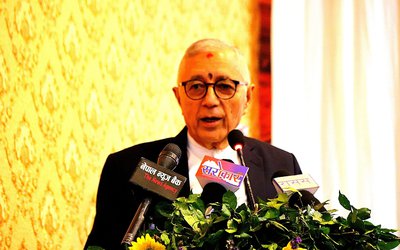With the holiday season in sight, many people may be busy planning how to use the break. Some are out buying presents and cards for their loved ones for Christmas. Others are busy attending parties for New Year around the town. However, for many, many students, the close of another year is the time they should be applying to universities abroad, especially to the United States. The whole process brings a lot of obstacles for the students and their families.
Firstly, the application process is very costly. There are numerous tests that need to be taken, like the SAT, ACT, SAT Subject Tests, and TOEFL, in order to be considered as a candidate in universities. On top of that, the scores must be sent, and this costs a few hundred dollars more. After the tests are taken and sent, the application fees need to be sent. Only a very few universities waive the application fees for international students, but for those that do not, students end up paying lots of money for wanting to have options to choose from.
Debbie Nazareth, an Indian student studying in an international school, said, “I don't understand why it should cost that much. Being able to afford college is hard enough.”
Additionally, the number of applicants applying to universities in the United States has increased over the past few years, making getting into top colleges more and more competitive. For example, in 1991, the acceptance rate for the University of Pennsylvania, a renowned American university, was 47 percent. However, for the class of 2016, it was a mere 12.3 percent! That’s a dramatic drop, considering that the number of international applicants to U.S. colleges has increased by 22.3 percent just from last year.
With the decrease in acceptance rates, the competition for financial aid, a determining factor for many, increases. That means, for international students, financial aid is even more limited than for domestic students. While American students compete for federal and need-blind aid, international students have to rest their hopes in need-based and merit-based aid. Only eight colleges, Dartmouth, Middlebury, and Amherst, amongst others, award need-blind aid to international students.
Due to the recession which hit the developed world, many students do not even consider education in the United States, as the living standard is getting more expensive. Abhijeet Basnet, who is doing his second year in Webster Thailand, said, “The living standard is cheaper in Thailand, and I get the same education for a lesser price.”
Overall, the application process and getting into college can be really stressful for students. With a good college list, one that includes reaches, targets, and safeties, good essays, and a determined, positive attitude, one can only hope for the best.
- Highlights of KUSL’s Launching Ceremony
- Aug 17, 2014
- Labour Force Leaving The Country
- Mar 24, 2014
- Thinking about Nepal’s Think Tanks
- Nov 10, 2013
- The five years’ BBM-LLB Course of the Kathmandu University Law School
- Sep 13, 2013
- JUDICIARY: Judging Judges
- Aug 30, 2013
















